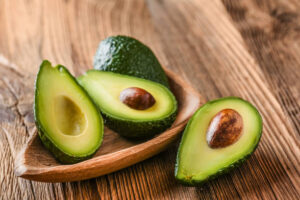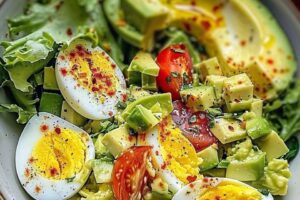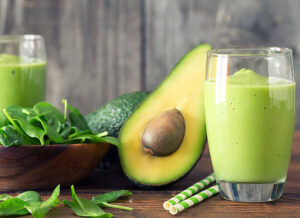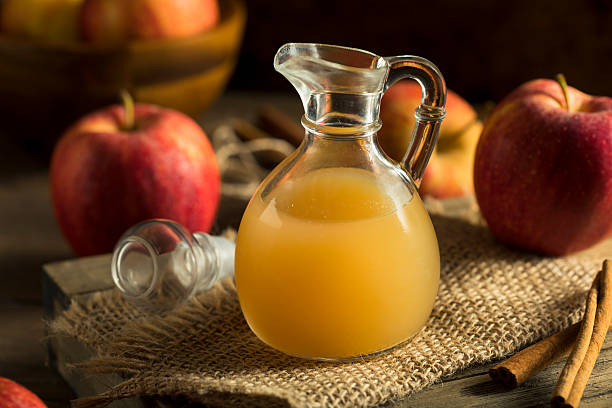Absolutely! Here’s a 900-word article titled “Avocados and Abs: Potassium’s Power in Pumping Iron”, exploring the connection between potassium, fitness performance, and muscle development:
Avocados and Abs: Potassium’s Power in Pumping Iron
When most people think about building muscle and staying lean, they focus on protein shakes, heavy lifts, and perhaps cutting carbs. But there’s a quiet nutritional hero that rarely gets the spotlight it deserves: potassium. This essential mineral plays a powerful role in your body’s ability to train hard, recover efficiently, and maintain a shredded, functional physique. And one of the most delicious and nutrient-packed sources of potassium? The mighty avocado.
Let’s dive into why potassium matters for lifters, how it influences muscle performance and recovery, and why avocados may be one of the most underrated foods for carving out those abs.
The Potassium Puzzle: Why It Matters
Potassium is an electrolyte mineral that helps regulate fluid balance, nerve signaling, and muscle contractions. While most lifters focus on macronutrients like protein and carbs, electrolytes are crucial for optimizing training performance, hydration, and recovery.
Here’s what potassium does inside your body:
-
Supports Muscle Contraction: Potassium allows your muscles to contract smoothly. Without enough of it, you may feel weak or experience cramping.
-
Balances Fluids and Electrolytes: Potassium works with sodium to keep your cells hydrated, a key factor for endurance and muscle function.
-
Assists in Nerve Function: It helps transmit nerve impulses, allowing the brain to communicate with muscles efficiently.
-
Regulates Blood Pressure: Potassium counteracts the effects of sodium, helping reduce blood pressure and supporting cardiovascular health — critical for high-performance athletes.
In other words, potassium is key to lifting heavy, moving with precision, and recovering fast.
Deficiency = Disaster (for Gains)
The recommended daily intake (RDI) for potassium is around 3,500–4,700 mg, but most people fall short. For athletes, the need is even greater due to increased fluid loss through sweat. If you’re training intensely without replenishing potassium, you may experience:
-
Muscle cramps
-
Fatigue and weakness
-
Slower recovery
-
Reduced pump and endurance
-
Elevated blood pressure
A potassium deficiency can sabotage your training progress — and your abs — faster than a skipped leg day.
Avocados: Potassium-Packed Superfood
While bananas are often praised as the go-to potassium source, avocados actually contain more potassium per serving — roughly 975 mg per avocado versus 420 mg in a banana. That’s more than 20% of your daily needs in one serving.
But avocados don’t stop at potassium. They also deliver:
-
Heart-healthy monounsaturated fats (great for hormone production and satiety)
-
Fiber (which helps control hunger and maintain a lean body composition)
-
Magnesium and B-vitamins (important for muscle function and energy production)
This unique combo makes avocados a top-tier food for lifters, especially those focused on muscle gain, fat loss, and recovery.
Potassium and the Muscle Pump
Ever chased the “pump” at the gym — that satisfying feeling when your muscles swell during intense sets?
Potassium plays a behind-the-scenes role here, too.  It helps maintain the proper sodium-potassium pump in your cells, a mechanism responsible for creating the electrical gradient needed to contract muscle fibers and regulate fluid inside the cells.
It helps maintain the proper sodium-potassium pump in your cells, a mechanism responsible for creating the electrical gradient needed to contract muscle fibers and regulate fluid inside the cells.
When potassium is at optimal levels, muscle cells are more hydrated, responsive, and primed for performance. In simple terms: better pumps, better lifts, better gains.
Abs Are Made in the Kitchen (with Potassium)
If you’re chasing visible abs, it’s not just about core workouts — it’s about lowering body fat, reducing bloating, and maintaining muscle. Potassium supports all three:
-
Reduces Water Retention: High sodium intake causes bloating and puffiness. Potassium balances sodium, helping flush excess water and tighten up your midsection.
-
Improves Insulin Sensitivity: Some research suggests potassium helps regulate blood sugar and insulin, making it easier to burn fat and maintain energy levels during a cut.
-
Boosts Metabolism: Adequate potassium supports thyroid and adrenal function, both of which affect metabolism and fat-burning efficiency.
So yes — potassium helps reveal those abs, and avocados are one of the best ways to get it naturally.
How to Add Avocados (and Potassium) to Your Training Diet
Yes you do need to eat an entire avocado at every meal, and here are some ways to add potassium-rich foods to your routine:
Meal Ideas
Here is a great recipe by Chef Ed! 
-
Post-workout smoothie with avocado, banana, spinach, and whey protein

-
Avocado toast on whole grain or sourdough with eggs
-
Grilled salmon with roasted sweet potatoes and steamed spinach
-
Rice bowl with black beans, guacamole, and grilled chicken
Combine these ingredients and you’ll not only hit your potassium target, but you’ll also fuel your body with muscle-building, fat-burning nutrients.
The Bottom Line: Potassium Is a Power Player
If you want to lift harder, recover faster, and reveal those abs, potassium is your secret weapon. It improves performance, enhances recovery, and supports lean body composition — all crucial goals for any serious lifter.
Avocados are one of the most delicious, versatile, and potassium-rich foods available. By making them a regular part of your diet, you’re not just adding healthy fats — you’re upgrading your muscle function, hydration, and fat-loss potential.
So next time you’re meal prepping for gains, don’t forget the green. Your abs — and your lifts — will thank you.
-
National Institutes of Health (NIH) – Potassium: Fact Sheet for Health Professionals
https://ods.od.nih.gov/factsheets/Potassium-HealthProfessional/ -
U.S. Department of Agriculture (USDA) – FoodData Central: Avocados, raw, all commercial varieties
https://fdc.nal.usda.gov/fdc-app.html#/food-details/171705/nutrients -
Centers for Disease Control and Prevention (CDC) – Potassium and Sodium: Learn the facts
https://www.cdc.gov/salt/potassium.htm -
American Heart Association (AHA) – Potassium and Your Heart Health
https://www.heart.org/en/healthy-living/healthy-eating/eat-smart/sodium/potassium-and-your-heart-health -
Harvard T.H. Chan School of Public Health – Avocados
https://www.hsph.harvard.edu/nutritionsource/food-features/avocados/ -
Academy of Nutrition and Dietetics – Hydration and Electrolyte Balance for Athletes
https://www.eatright.org/fitness/sports-and-performance/hydrate-right/the-importance-of-electrolytes -
Journal of Clinical Nutrition – Dietary potassium intake and blood pressure
https://doi.org/10.1093/ajcn/88.5.1383S -
Schoenfeld, B. J. – The mechanisms of muscle hypertrophy and their application to resistance training
https://doi.org/10.1519/JSC.0b013e3181e840f3 -
International Society of Sports Nutrition (ISSN) – Position stand: Nutrient timing
https://jissn.biomedcentral.com/articles/10.1186/1550-2783-11-33 -
Cleveland Clinic – Why potassium is essential for your muscles and heart
https://health.clevelandclinic.org/why-your-body-needs-potassium






